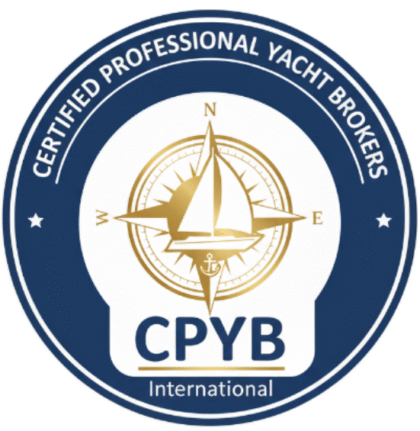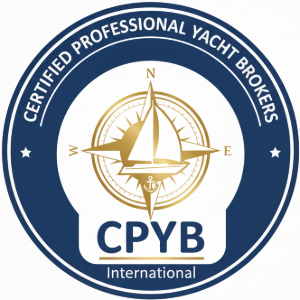CPYB International is the leading independent online college dedicated to setting rigorous standards for yacht brokers operating in English-speaking markets globally. Our mission is to certify competent, ethical, and highly credible professionals in the yacht brokerage industry.
Our Foundation and Mission
Founded by the Associated Yacht Brokers (AYB) in 2010, CPYB International was established to provide an accessible, high-quality certification program.
Our standards are inspired by successful international precedents, such as the established CPYB program in the USA. We define the essential “Body of Knowledge” required for UK, Commonwealth, and international brokers who conduct business in English.
We are an independent entity focused solely on serving the global English-speaking market.
Our Commitment to Excellence
We champion the belief that true certification must be earned. Our program aims to:
- Define Core Competence: Establish a clear, high benchmark for essential brokerage skills.
- Promote Ethical Practice: Ensure the highest ethical standards are fundamental to the profession.
- Enhance Credibility: Elevate the professionalism and public trust in certified brokers worldwide.
How Certification is Achieved
Our entire course is delivered online in English, ensuring global accessibility. Certification as a Certified Professional Yacht Broker requires two key achievements:
- Passing the Final Examination (after course completion).
- Verifiable completion of two years of experience as a Yacht Broker.
CPYB International is dedicated to ensuring that every certified broker achieves their designation on a level playing field, guaranteeing the genuine value and recognition of their qualification.

